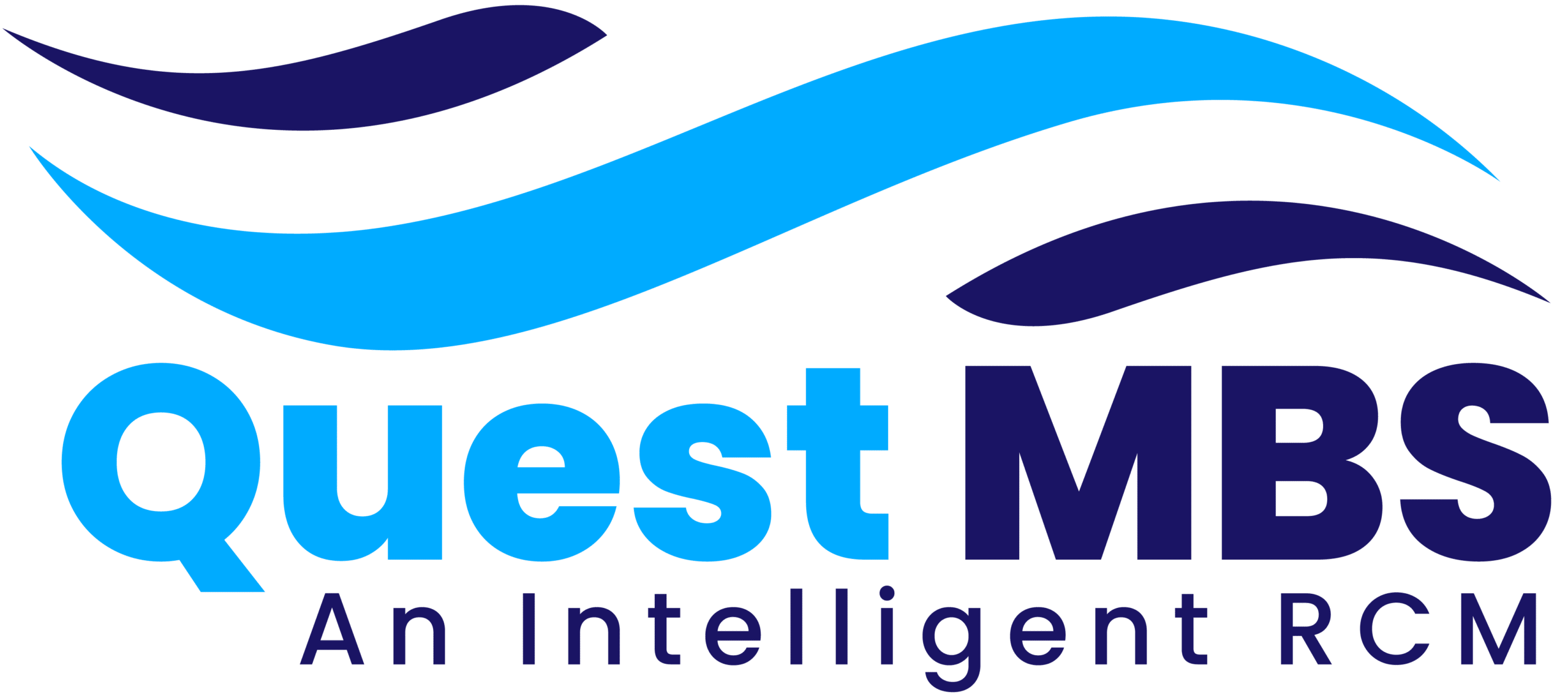Introduction: Why Technology Matters in Outsourced Billing
In today’s evolving healthcare landscape, medical billing is no longer just about submitting claims and receiving payments. With the increasing complexity of payer requirements, regulatory compliance, and coding standards, many practices are turning to outsourcing billing services to manage their revenue cycle more efficiently. But it’s not just about handing off the workload—it’s about leveraging the latest technology to gain precision, speed, and financial control.
The integration of modern billing tools into outsourced services is transforming how healthcare providers manage reimbursements. From artificial intelligence to cloud-based platforms, technology is making outsourced billing smarter, faster, and more reliable. This article explores the latest innovations that are reshaping the future of outsourced billing for medical practices.
1. Cloud-Based Billing Platforms
Cloud technology allows medical billing partners to manage claims and payments in real time, from anywhere. These platforms offer centralized dashboards, multi-device access, and seamless integration with electronic health records (EHRs). Practices can monitor claims progress, view reports, and collaborate with their billing teams remotely, improving transparency and reducing turnaround time.
2. Automated Coding Software
Medical coding errors can lead to claim denials and revenue losses. Modern outsourced billing companies are using automated coding tools powered by machine learning and natural language processing. These tools extract relevant clinical data, assign accurate ICD-10 and CPT codes, and flag inconsistencies—minimizing manual intervention and increasing coding accuracy.
3. Real-Time Eligibility Verification
Verifying insurance eligibility before services are rendered is a cornerstone of clean claim submission. New technologies enable outsourced billing teams to check patient insurance coverage in real time, avoiding delays in reimbursement. This ensures that claims are submitted with the correct payer information and minimizes rejection rates.
4. Artificial Intelligence (AI) in Claims Management
AI algorithms are now being used to predict claim denials, identify bottlenecks, and automate repetitive tasks in the billing workflow. Outsourcing companies that deploy AI-powered analytics help practices make informed decisions, prioritize urgent claims, and improve cash flow by focusing on high-impact areas.
5. RCM Dashboards and Analytics
Revenue Cycle Management (RCM) dashboards are now more interactive and data-rich than ever. Outsourcing providers use these tools to deliver insights into payment trends, denial reasons, payer performance, and days in A/R. Healthcare providers benefit from data-driven decisions that optimize revenue outcomes and identify underperforming areas.
6. Secure EHR Integrations
Today’s top billing partners integrate directly with a provider’s EHR system, ensuring seamless communication of patient records, charge captures, and treatment documentation. This integration eliminates data silos, reduces duplications, and enhances the accuracy of claims submitted.
7. Mobile Charge Capture Apps
Physicians can now capture charges on the go using mobile apps synced with outsourced billing systems. This innovation reduces the risk of missed charges and ensures accurate, timely data entry. These tools also allow for photo uploads of documentation, signatures, and instant code lookup.
8. Denial Management Technology
Denial resolution is one of the most time-consuming aspects of billing. Outsourced billing services now utilize denial resolution tools that automatically detect patterns, assign tasks to staff, and generate appeal letters. This speeds up the process and boosts the practice’s reimbursement rate.
9. Predictive Analytics for Claim Submission
Predictive billing analytics helps identify the likelihood of claim denials before submission. Outsourced billing companies use this data to correct errors proactively and fine-tune claims for specific payer rules. This approach reduces rework and increases the chances of first-pass acceptance.
10. HIPAA-Compliant Communication Tools
Secure messaging and collaboration platforms are used to share billing updates, clarify clinical notes, and resolve claim questions in real time. These technologies ensure all communication remains HIPAA-compliant, protecting patient data while accelerating the billing process.
11. Patient Payment Estimation Software
Outsourced billing teams now offer tools that calculate patient out-of-pocket costs before treatment begins. These estimations improve financial transparency and reduce billing disputes. Patients are more likely to pay upfront or set up payment plans when they understand their financial responsibility.
12. AI-Powered Payment Posting
Instead of manually posting payments, advanced billing systems powered by AI extract payment information from remittance advice and automatically apply it to the patient’s account. This reduces human error and accelerates the reconciliation process.
13. Integration with Clearinghouses and Insurance Portals
Outsourced billing services now integrate directly with major clearinghouses and payer portals. This real-time connectivity ensures faster claim transmission, receipt confirmation, and payment tracking. It also simplifies claim correction and resubmission workflows.







